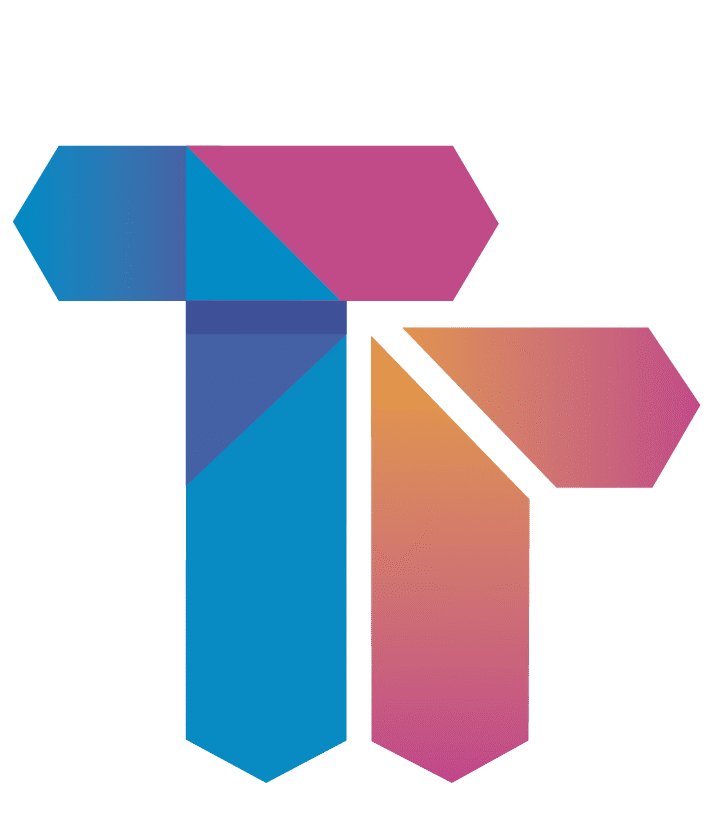Tiktok

The US House of Representatives has overwhelmingly passed a bill that gives ByteDance, the parent company of TikTok, approximately nine months to divest its US assets or face a nationwide ban. The move is driven by ongoing concerns about national security, data privacy, and potential Chinese government influence. Lawmakers have long been apprehensive that the Chinese government could compel ByteDance to hand over user data or manipulate the platform’s content algorithm for propaganda purposes. ByteDance denies these allegations, stating that TikTok’s data is stored securely in the US and Singapore, and operates independently.
The bill now heads to the Senate, where its fate is uncertain, although it has significant bipartisan support. If passed, ByteDance would be forced to sell TikTok to an American company or exit the lucrative US market. Potential buyers could include Oracle or media giants like Comcast. However, divestiture would be a complex task given the platform’s valuation and intricate algorithms.
TikTok is also facing a lawsuit from several states alleging that the platform is designed to be addictive, particularly for young users, and is harmful to their mental health. The lawsuit focuses on the platform’s algorithm, which prioritizes engagement and can expose users to damaging content. In response, TikTok has launched initiatives such as “Project Teen Safety” to enhance safety features and parental controls, and increase transparency regarding its algorithm.
The platform has introduced new features allowing parents more control over their children’s screen time and content access. The situation is further complicated by the upcoming US presidential election, with TikTok becoming increasingly important for political discourse and campaigning. Concerns about foreign interference through the platform are heightened during election cycles.
The Committee on Foreign Investment in the United States (CFIUS) has been involved in negotiations with TikTok for years, attempting to reach a security agreement, but talks have stalled. The future of TikTok in the US remains uncertain, with potential outcomes including a complete ban, a forced sale, or continued operation under ByteDance’s ownership. Other countries, including India, have already banned TikTok citing similar security concerns, impacting the global social media landscape.

 15 May 2025
15 May 2025 Share
Share





